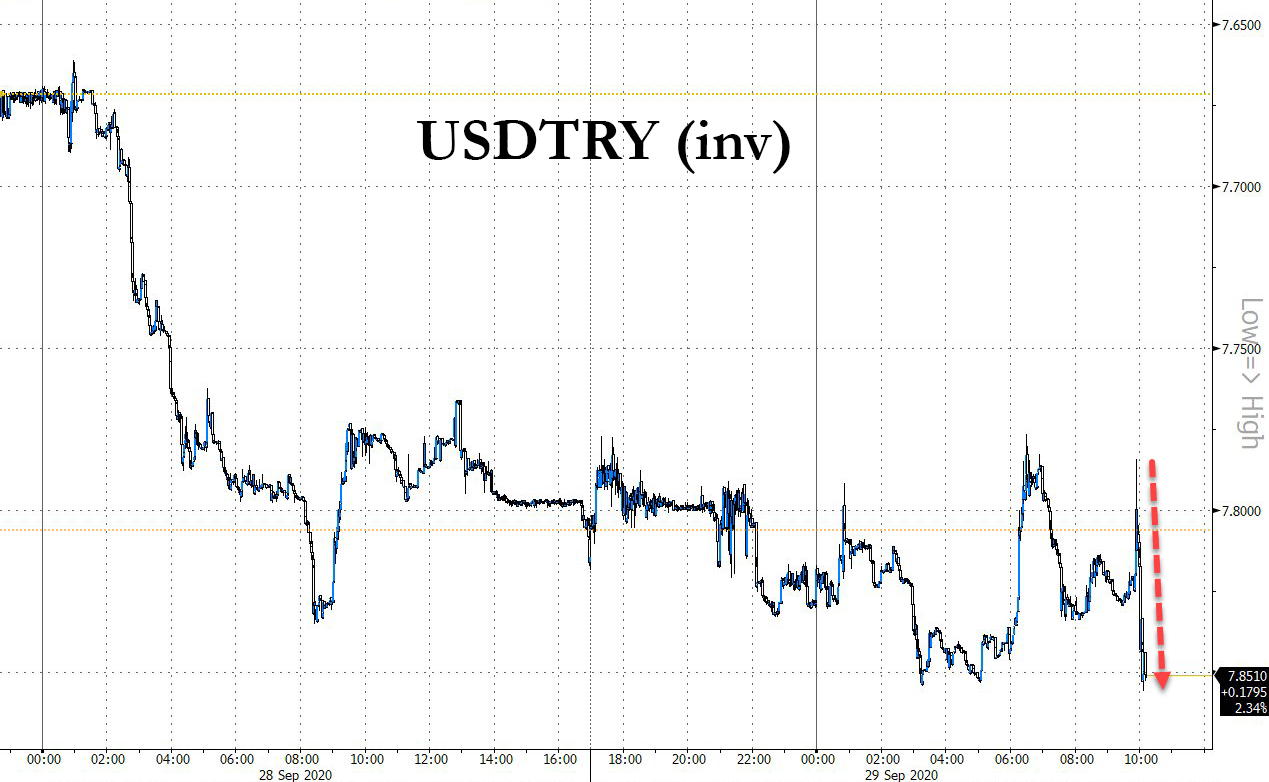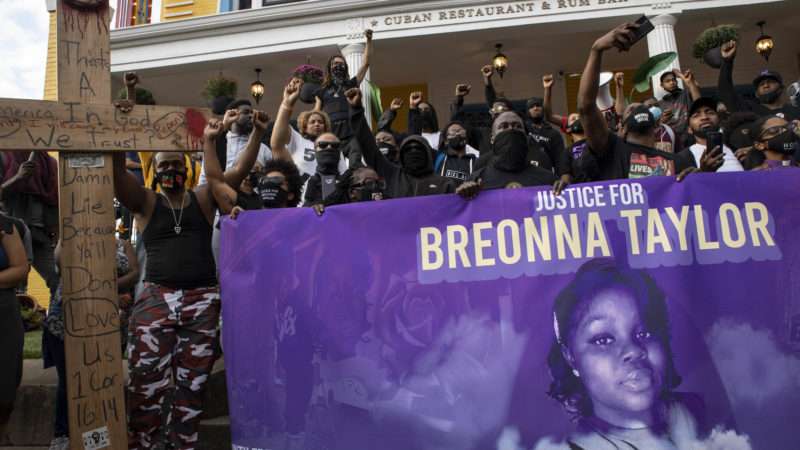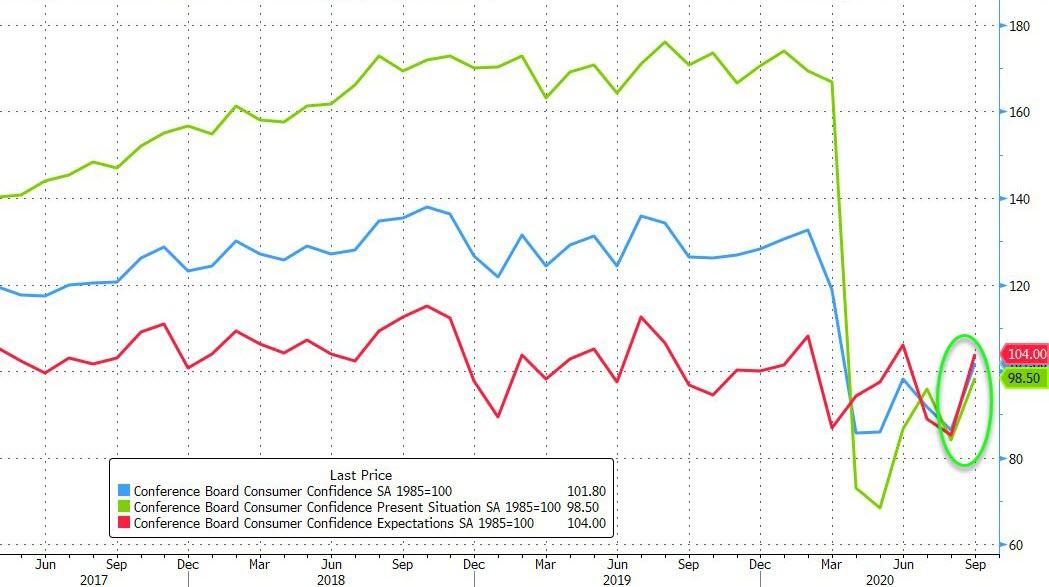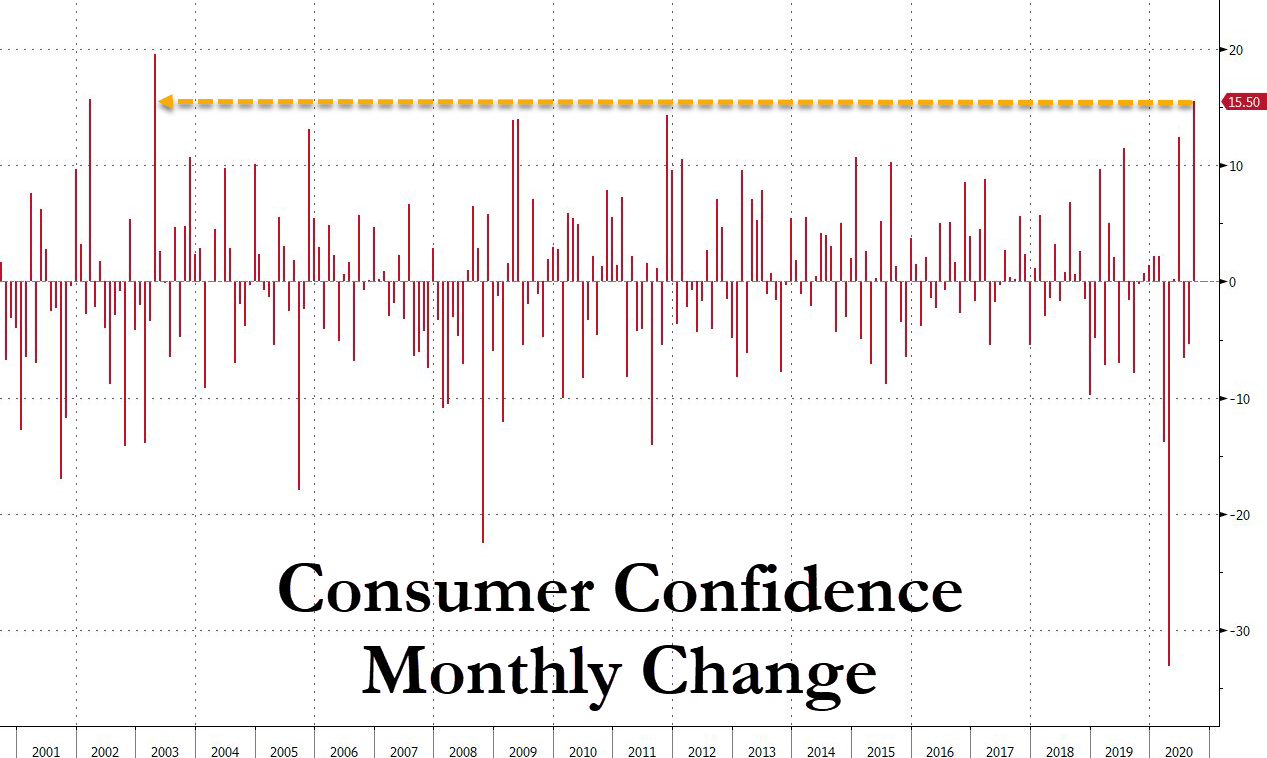Hypocrisy, n. A feigning to be what one is not, or to believe what one does not believe. Behavior that contradicts what one claims to believe or feel. [Merriam-Webster’s Third Collegiate Dictionary]
As the World’s Greatest Deliberative Body—now there’s a phrase you don’t hear very much these days!—begins hearings on the Barrett nomination, there’s much talk about the stench of hypocrisy wafting over the process. The Republicans, having defended their decision not to consider Merrick Garland’s nomination in 2016 on the grounds that they wanted to “let the people decide,”*** now do seem to be engaged in “behavior that contradicts what they claim to believe.”
***Just for the record, I have appended to this essay a compilation of the statements made by leading Republican Senators in 2016 to defend their decision not to hold hearings or otherwise act on the Garland nomination. If you have forgotten the explanations they provided to the American people for their actions, you might want to refresh your recollection by reading over that collection.
But there is an argument—I’m not sure whether or not it qualifies as a “trope” or a “meme”—making the rounds these days, arguing that both sides, Republicans and Democrats alike, share in the hypocrisy, in equal measure.
The argument is based on the apparently symmetrical position of the two parties. It goes something like this:
In 2016, Democrats said “the Senate should consider the president’s nominee during a presidential election campaign,” but in 2020 they say it shouldn’t. In 2016, Republicans said “the Senate should wait and let the people decide,” but in 2020 they say it shouldn’t.
See? Should/shouldn’t, shouldn’t/should. Six of one, half-dozen of the other. So much hypocrisy, on both sides!
Disturbingly, I’ve heard this argument from otherwise intelligent and reasonable folks; otherwise, I would simply dismiss it as partisan silliness. It is ill-logical and flat-out wrong, because the positions of the two parties are not symmetrical. An illustration might make this clear.
Robbie Republican and Debbie Democrat have had a regular high-stakes craps game in the Senate cloakroom for many years. They had a number of informal rules. One was that the games would last for exactly one hour—there was important public business to attend to! Another was that if the dice fell off the table after a throw, you get to throw again.
During a game in 2016, with 15 minutes to go in their game, Debbie threw the dice and one fell off the table. She picked up the dice again to re-throw, but Robbie grabbed the dice from her hand and said: “No, the re-throw rule doesn’t apply when we’re near the end of the game.” Debbie protested, arguing vehemently that there was no such “end-of-game” exception to the re-throw rule, but Robbie, who was holding the dice, prevailed.
In 2020 they’re at it again. With three minutes to go in their game, Robbie rolls and—oops!—the dice fall off the table. He picks them up.
Robbie: “I get to roll again.”
Debbie: “Wait just a minute!! You said the re-throw rule doesn’t apply when we’re near the end of the game. And that was when there were 15 minutes left! We’re a lot closer to the end now, and you’re telling me the re-throw rule does apply?!”
Robbie: “Yes. The ‘end-of-game’ exception doesn’t apply when I’m winning, only when you’re winning. Plus, I’m holding the dice, and I can do what I want with them. I’m rolling again.”
Look familiar? Debbie said the re-throw rule does apply near the end of the game in 2016, but now says it doesn’t. Robbie said the re-throw rule doesn’t apply near the end of the game in 2016, but now says it does.
But the hypocrisy here is all on one side. If you have a fourth-grader in your house, ask him/her—fourth-graders usually have a pretty good sense for what’s fair and what’s not. The situation is not symmetrical at all. There was an argument about the re-throw rule in 2016. The Democrats/Debbie—the Blue Team—lost the argument. It is not “hypocrisy” for them to invoke the rule in 2020, even if they still believe, in their heart of hearts, that the 2016 rule is a terrible one. It is not “hypocrisy” to pay your federal income taxes even if you believe, in your heart of hearts, that taxation is unconstitutional. It is not “hypocrisy” for a judge to apply a rule that he/she thinks ill-formed or ill-advised. It is not “hypocrisy” for you to invoke a zoning regulation against your neighbor’s overhanging oak tree, even if the week before you (unsuccessfully) argued at the city council meeting for a repeal of all zoning regulations.
And when Robbie throws Debbie’s words from 2016 back against her—”Hey, you’re the one who said there shouldn’t be an end-of-game exception to the re-throw rule, and now you want one?! Listen to you!!”—he’s being kind of a shit, wouldn’t you agree? [If not, remind me never to play craps with you]
There is a second argument, beyond the ridiculous “everyone’s a hypocrite” argument, that the Red Team has advanced to defend its actions here. “We are actually consistent in our actions in 2016 and 2020,” they say, “because our actions are based on a single principle: When there is a Supreme Court vacancy during a presidential election year, the Senate should wait and ‘let the people decide’ if the Senate and the White House are in different hands, but not otherwise.”
Aside from looking like a pretty transparent attempt to concoct some sort of ex post rationalization for the earlier action—akin to something like “the Senate should wait and let the people decide when the deceased Justice is from Queens, but not if she’s from Brooklyn”—where did this supposed principle come from, and what sense does it make?
The idea seems to be that when the government is divided, there will be a stalemate, and protracted partisan wrangling, that will further polarize and politicize the atmosphere. No such problem will arise when the president and the Senate are in the same hands.
But why need there be a stalemate? It’s a little disingenuous to create a stalemate (“No hearings for Judge Garland”) and justify it with reference to a principle that there will always be a stalemate. Dozens and dozen of Supreme Court Justices have been nominated and confirmed when the White House and the Senate were controlled by different parties, from Anthony Kennedy to Clarence Thomas to David Souter to John Paul Stevens to Earl Warren to Potter Stewart to William Brennan . . . In many peoples’ eyes (including mine) divided government like this is—or used to be—a feature, not a bug; it caused presidents to nominate individuals ideologically acceptable to both parties. People like Merrick Garland, for instance. We used to call it “compromise.”
And to be sure, when the government is divided and an election coming up, the balance could shift, and “the people” could express their preference for judicial nominees of one stripe rather than another, resolving the “stalemate.” But that’s just as true when the government is not divided; as we all know, there is a possibility that the Blue Team could control both the White House and the Senate come January 21. So why ‘let the people decide’ in one case but not the other? What gives?
*******************************
Appendix. Republican Senators Speak (2016)
“This critical decision should be made after the upcoming presidential election so that the American people have a voice.” Richard Shelby, Alabama
“The decision to withhold advancement of Mr. Garland’s nomination isn’t about the individual, it’s about the principle. Alaskans, like all Americans, are in the midst of an important national election. The next Supreme Court justice could fundamentally change the direction of the Court for years to come. Alaskans deserve to have a voice in that direction through their vote, and we will ensure that they have one.” Dan Sullivan, Alaska
“Our country is very split and we are in the midst of a highly contested presidential election. My colleagues and I are committed to giving the American people a voice in the direction the court will take for generations to come.” John Boozman, Arkansas
“Why would we squelch the voice of the populace? Why would we deny the voters a chance to weigh in on the make-up of the Supreme Court?” Tom Cotton, Arkansas
“I don’t think we should be moving forward on a nominee in the last year of this president’s term. I would say that if this was a Republlcian president.” Marco Rubio, Florida
“A lifetime appointment that could dramatically impact individual freedoms and change the direction of the court for at least a generation is too important to get bogged down in politics. The American people shouldn’t be denied a voice. Chuck Grassley, Iowa
“In the midst of a critical election, the American people deserve to have a say in this important decision that will impact the course of our country for years to come.” Joni Ernst, Iowa
“Given that we are in the midst of the presidential election process, we believe that the American people should seize the opportunity to weigh in.” Mitch McConnell, Kentucky
“The American people should have the opportunity to make their voices heard before filling a lifetime appointment to the nation’s highest court. In November, the country will get that chance by choosing a new president – a process that is well underway. Until then, our time should be spent addressing the many other legislative matters before us to strengthen our economy, create jobs, and secure our nation.” Roger Wicker, Mississippi
“The replacement of Justice Scalia will have far-reaching impacts on our country for a generation. The American people have already begun voting on who the next president will be and their voice should continue to be reflected in a process that will have lasting implications on our nation. The U.S. Senate should exercise its constitutional powers by not confirming a new Supreme Court justice until the American people elect a new president and have their voices heard.” Steve Daines, Montana
“It is crucial for Nebraskans and all Americans to have a voice in the selection of the next person to serve a lifetime appointment on the Supreme Court, and there is precedent to do so. Therefore, I believe this position should not be filled until the election of a new president.” Deb Fischer, Nebraska
“The American people deserve a voice in the nomination of the next Supreme Court Justice. This appointment could easily tip the balance of the court in a direction not supported by the American people.” Richard Burr, North Carolina
“We are in the middle of a presidential election, and the Senate majority is giving the American people a voice to determine the direction of the Supreme Court.” Thom Tillis, North Carolina
“During a very partisan year and a presidential election year … both for the sake of the court and the integrity of the court and the legitimacy of the candidate, it’s better to have this occur after we’re past this presidential election.” Rob Portman, Ohio
“I firmly believe we must let the people decide the Supreme Court’s future.” Jim Inhofe, Oklahoma
“I support Majority Leader Mitch McConnell and Judiciary Committee Chairman Chuck Grassley’s intent to give the American people a say in Justice Scalia’s replacement this year at the ballot box.” James Lankford, Oklahoma
“With the U.S. Supreme Court’s balance at stake, and with the presidential election fewer than eight months away, it is wise to give the American people a more direct voice in the selection and confirmation of the next justice.” Pat Toomey, Pennsylvania
“The American people deserve to have their voices heard on the nomination of the next Supreme Court justice, who could fundamentally alter the direction of the Supreme Court for a generation. Since the next presidential election is already underway, the next president should make this lifetime appointment to the Supreme Court.” John Thune, South Dakota
“At this critical juncture in our nation’s history, Texans and the American people deserve to have a say in the selection of the next lifetime appointment to the Supreme Court.The only way to empower the American people and ensure they have a voice is for the next president to make the nomination to fill this vacancy.” John Cornyn, Texas

from Latest – Reason.com https://ift.tt/3kWFvCb
via IFTTT









